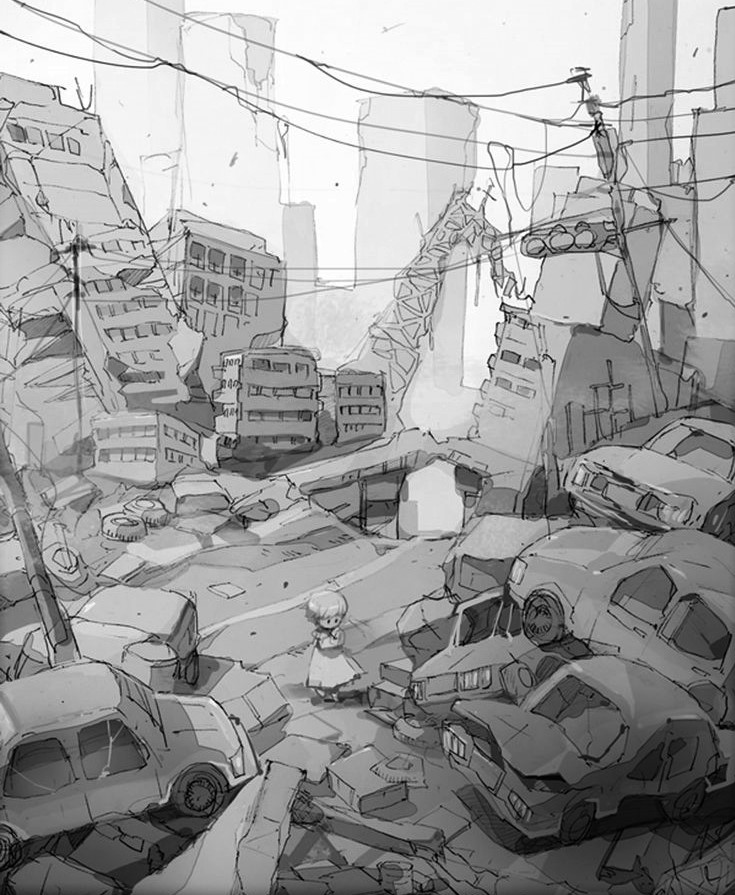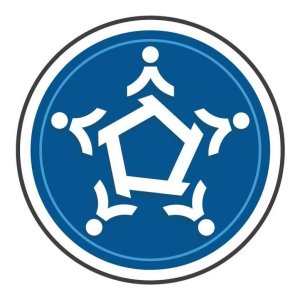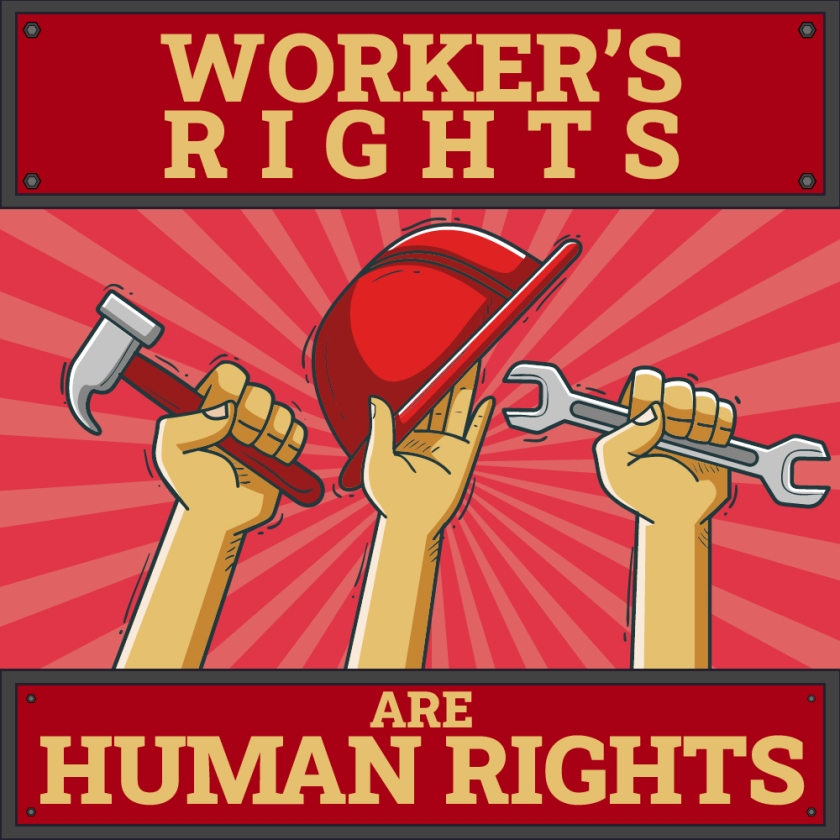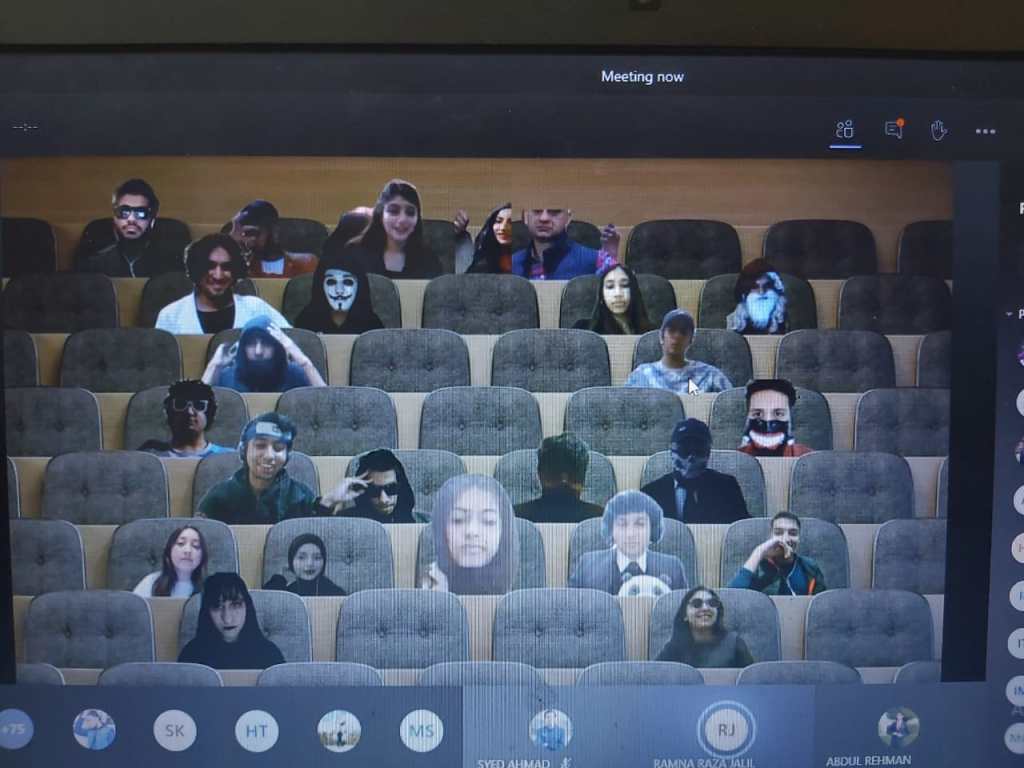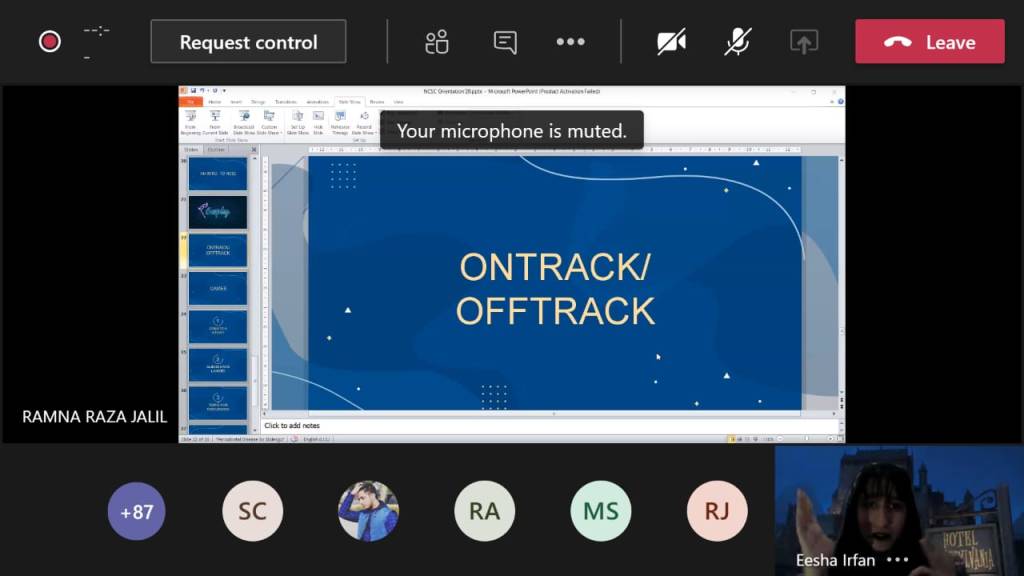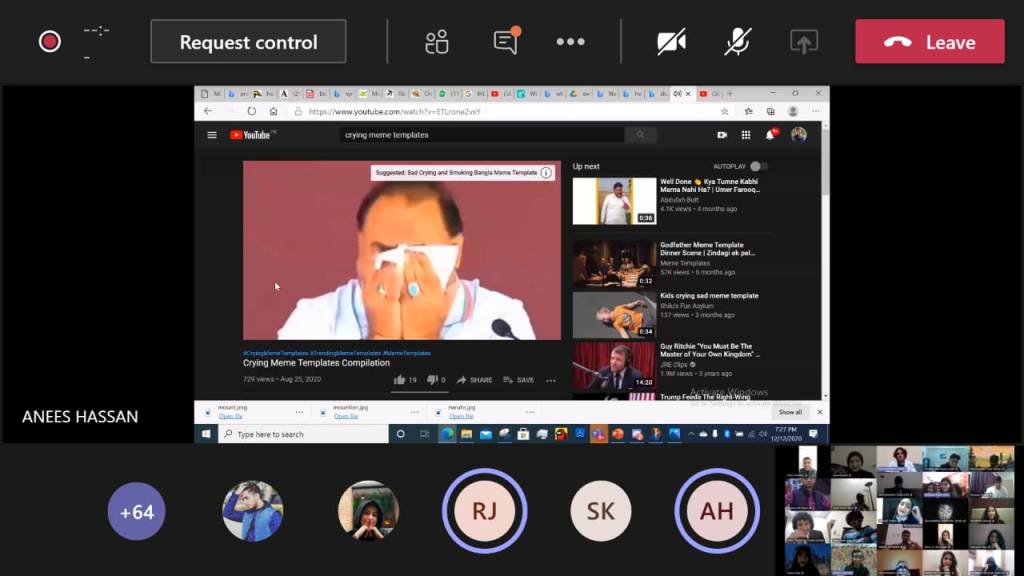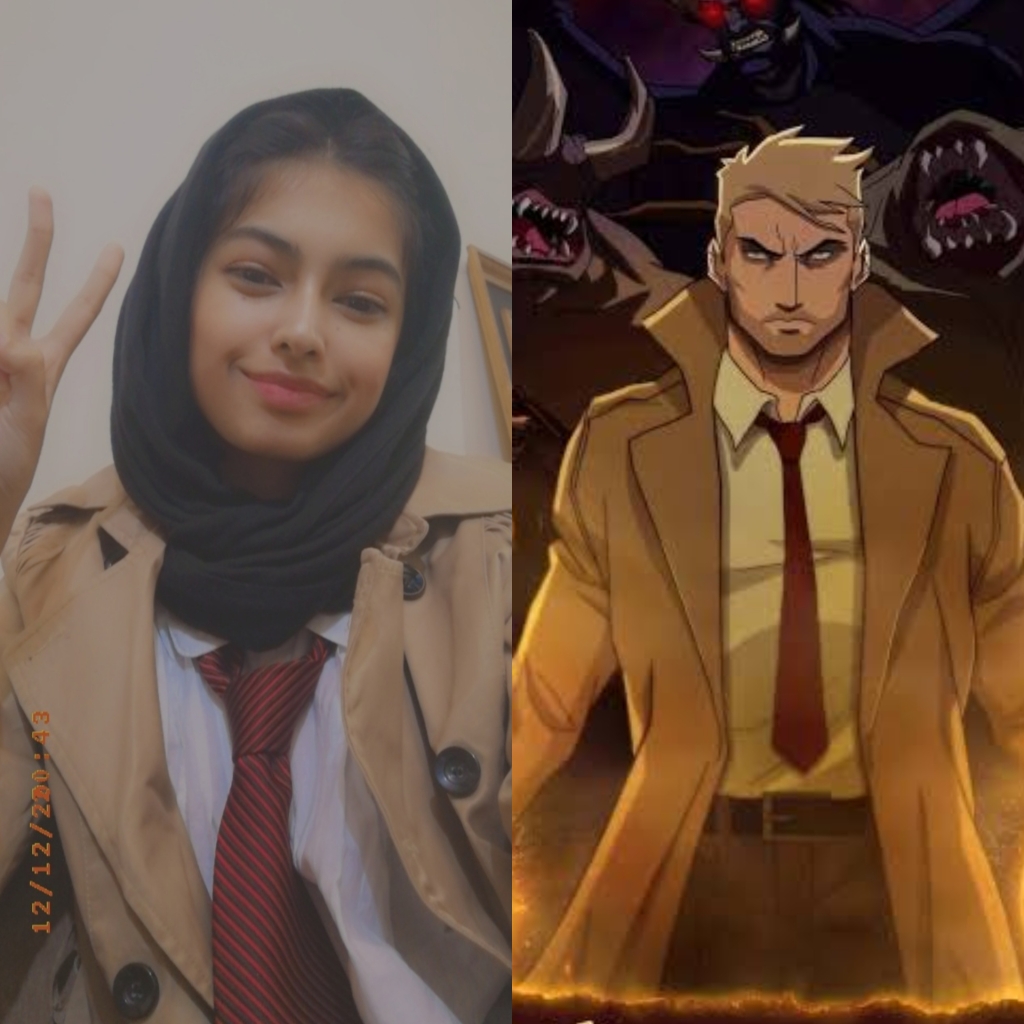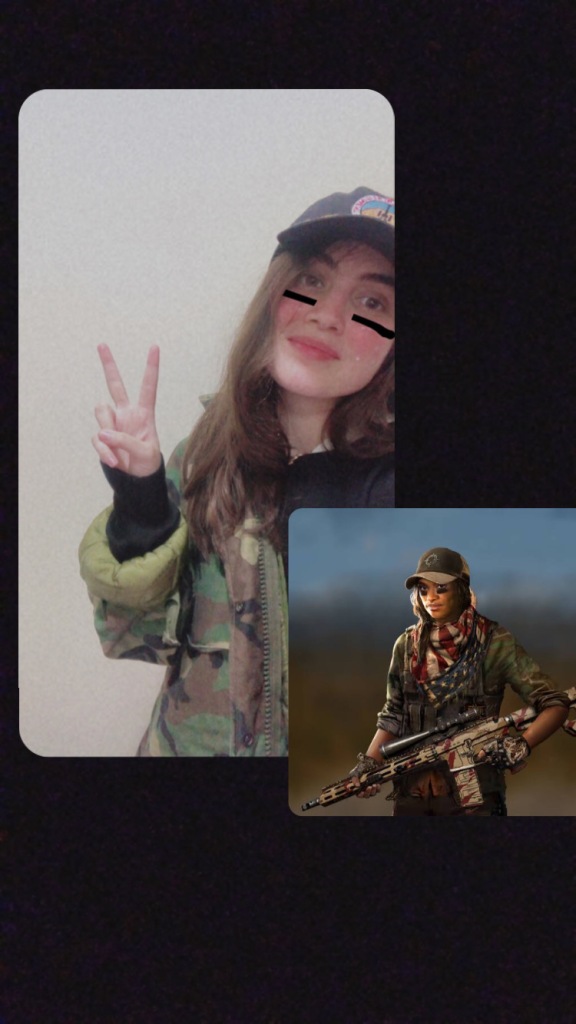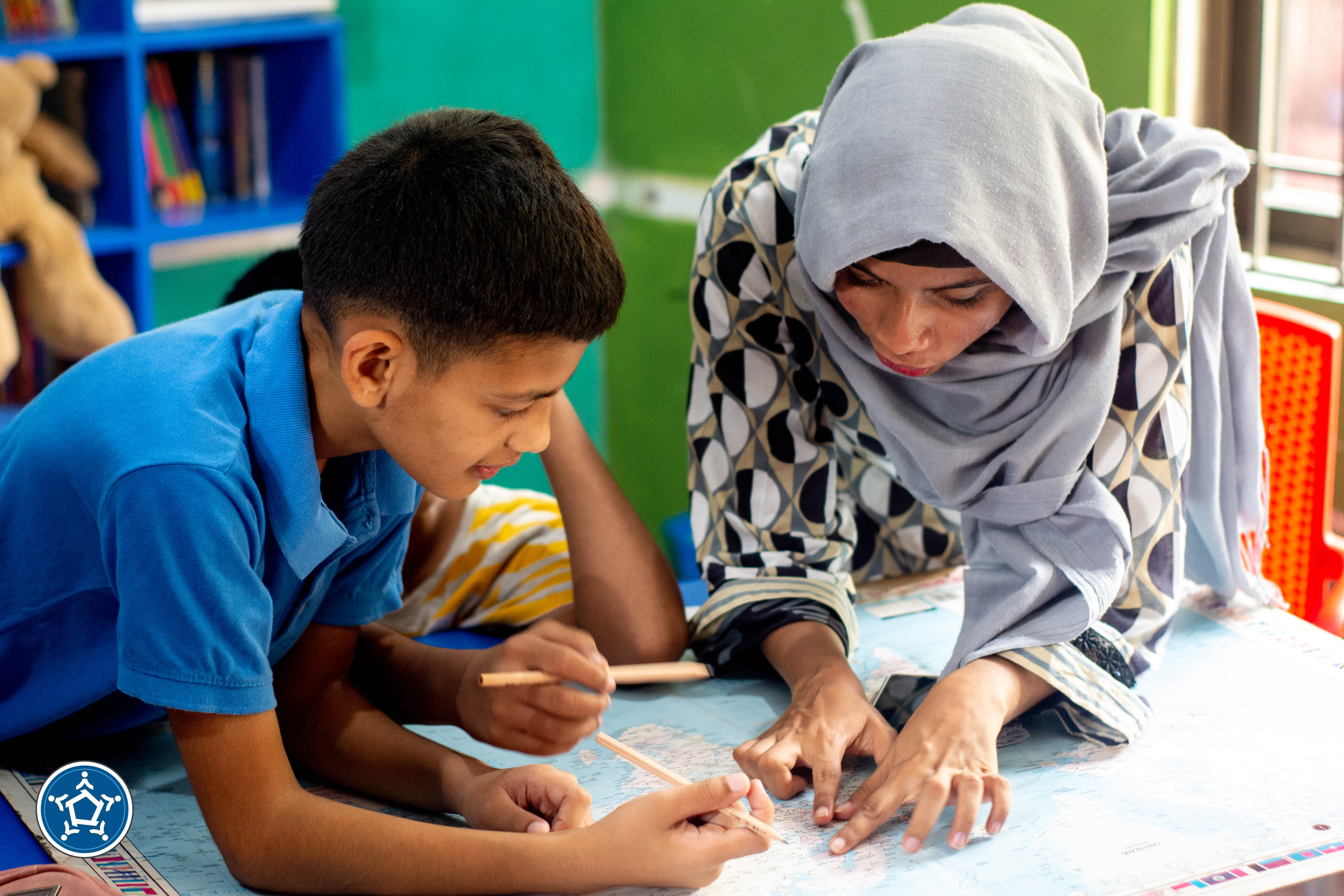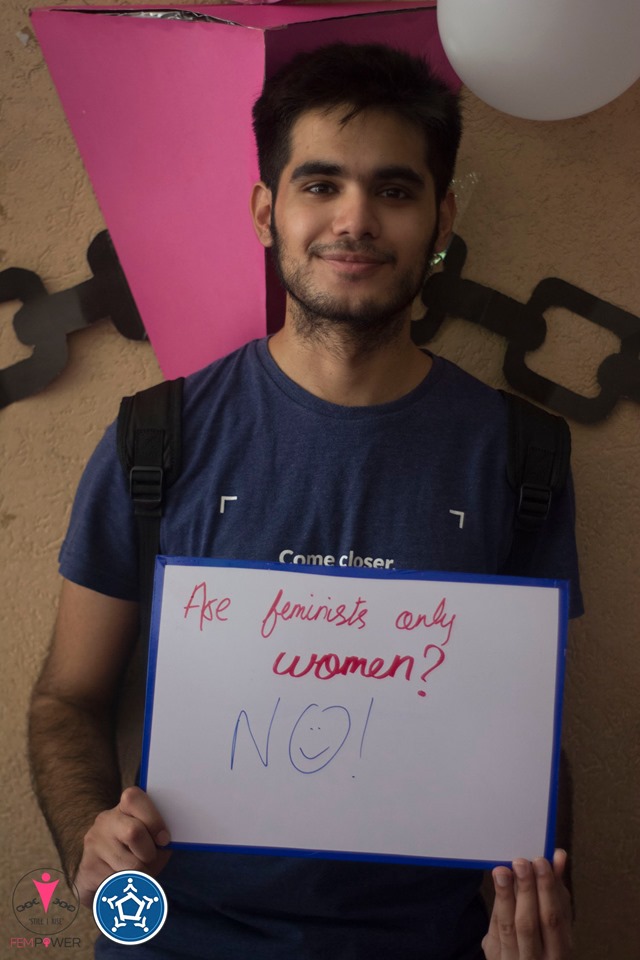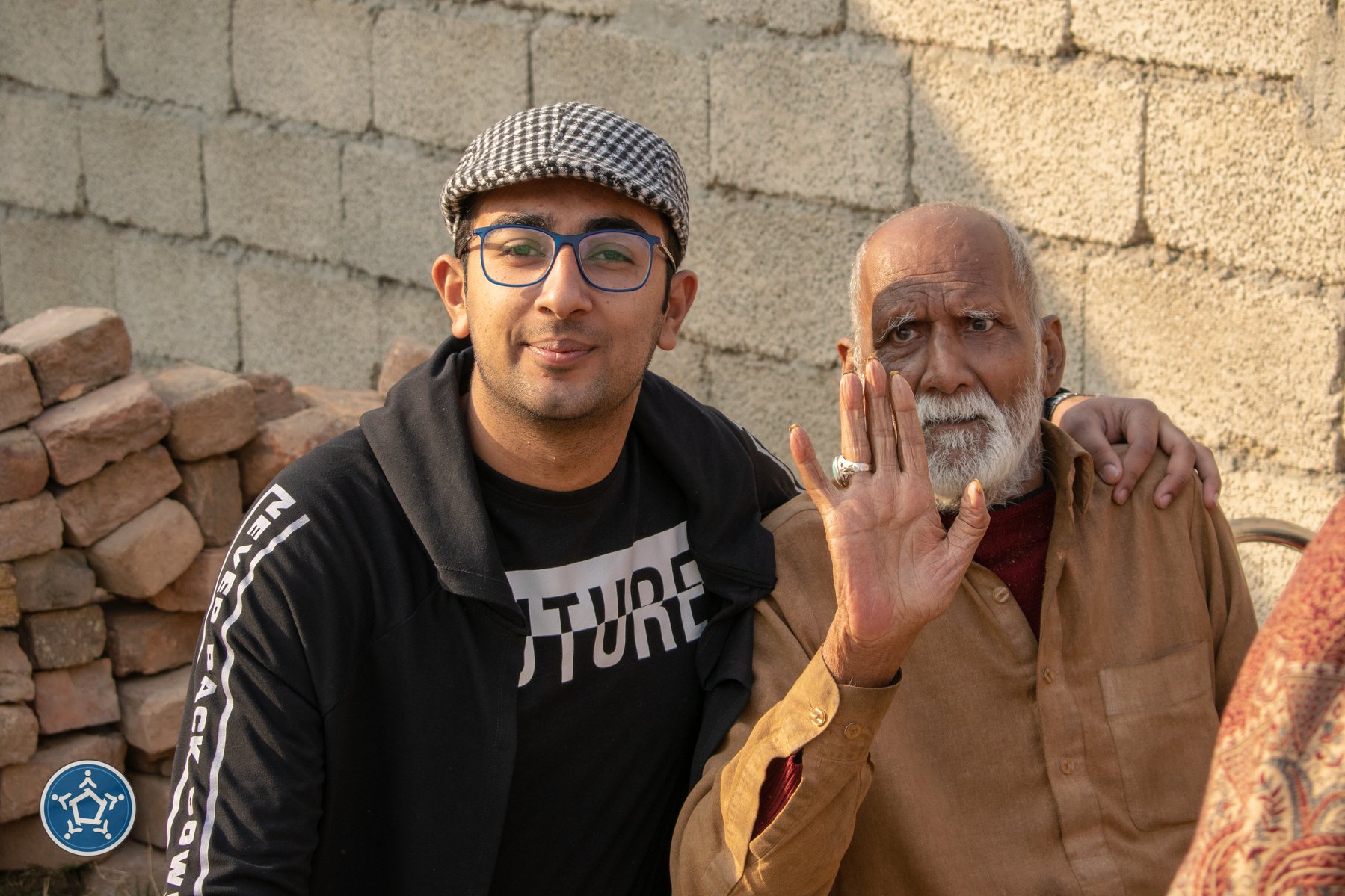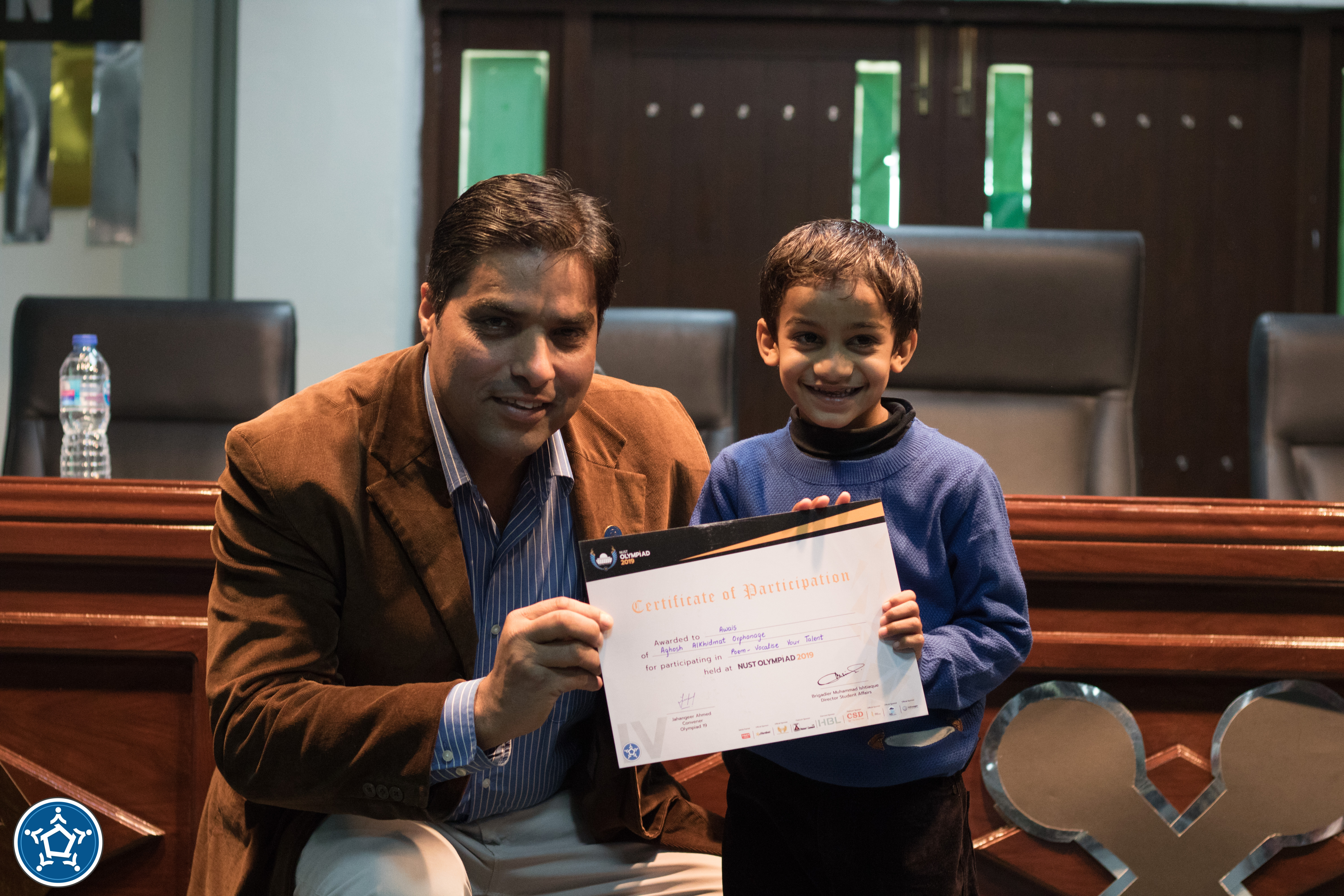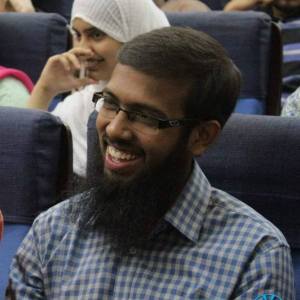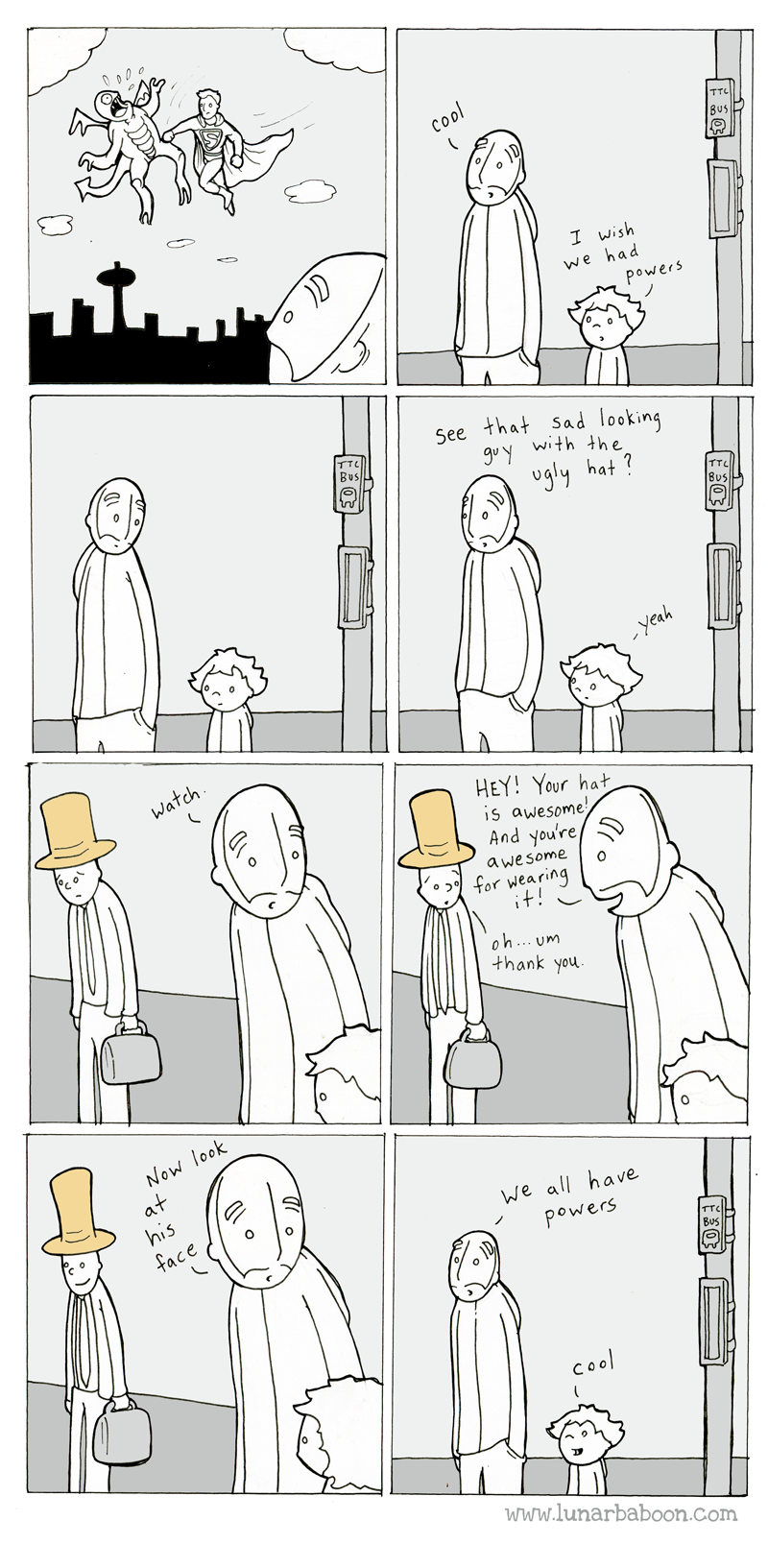by Manahil Eman
Imagine going about your daily activities in the most ordinary manner imaginable, with no thought to what might occur in the near future, when all of a sudden, the ground beneath you erupts, literally bringing your world crashing down.
“There is light, and suddenly it’s all just dark. It’s dark and tight. I’m scared. I don’t know what’s going on.”
A survivor’s heartbreaking words heard from amidst the rubble

That is the reality for some after a Mw 7.8 earthquake struck southern and central Turkey, as well as northern and western Syria, robbing people of their happiness, peace, and some even their lives. As of today, the death count has reached at least 45,000. There are 114,000 non-fatal injuries, 2.4M people displaced, and around 24M people severely impacted by this tragedy.
The earthquake has left a trail of devastation in its wake. Entire communities have been reduced to rubble, leaving thousands of people homeless and displaced. Families were torn apart as loved ones were lost or trapped under the rubble of collapsed buildings. Survivors were left without homes or possessions, and many were forced to seek shelter in crowded makeshift camps. The earthquake also had a significant impact on the local economy, disrupting transportation and damaging infrastructure. Schools and hospitals have been destroyed, making it even more difficult for people to access the basic services they need to survive.
A reminder for preparedness and prompt response measures
The impact of the earthquake continues to be felt today and serves as a reminder of the need for preparedness and prompt response measures in the face of natural disasters. The earthquake serves as a stark reminder of the fragility of human life and the immense power of nature, of how a split second could turn your entire life upside down, with no warning sign, no last goodbyes. Many survivors are still struggling to rebuild their lives and recover from the trauma of the disaster, while simultaneously reacting to the aftershocks still being faced throughout the land.
Thousands of homes were destroyed by the recent earthquake and its aftershocks in a region where 2 million people already lacked proper shelter.
The tragedy of this earthquake is made all the more poignant by the fact that Turkey has already suffered through numerous similar disasters in recent years, and Syria is under war. Due to the ongoing conflict in the country, information about the extent of the damage in Syria has been limited, resulting in difficulties to provide aid and support to those affected by earthquakes, further exacerbating the impact of natural disasters. Syria has been thrown into a ‘crisis within a crisis’ with no way for the survivors to get help, no way to escape, with temperatures rapidly plunging below freezing. Thousands of homes were destroyed by the recent earthquake and its aftershocks in a region where 2 million people already lacked proper shelter. The destruction also disrupted gas supplies that residents depend on for heat and caused outages for electricity, internet, and cellular service.
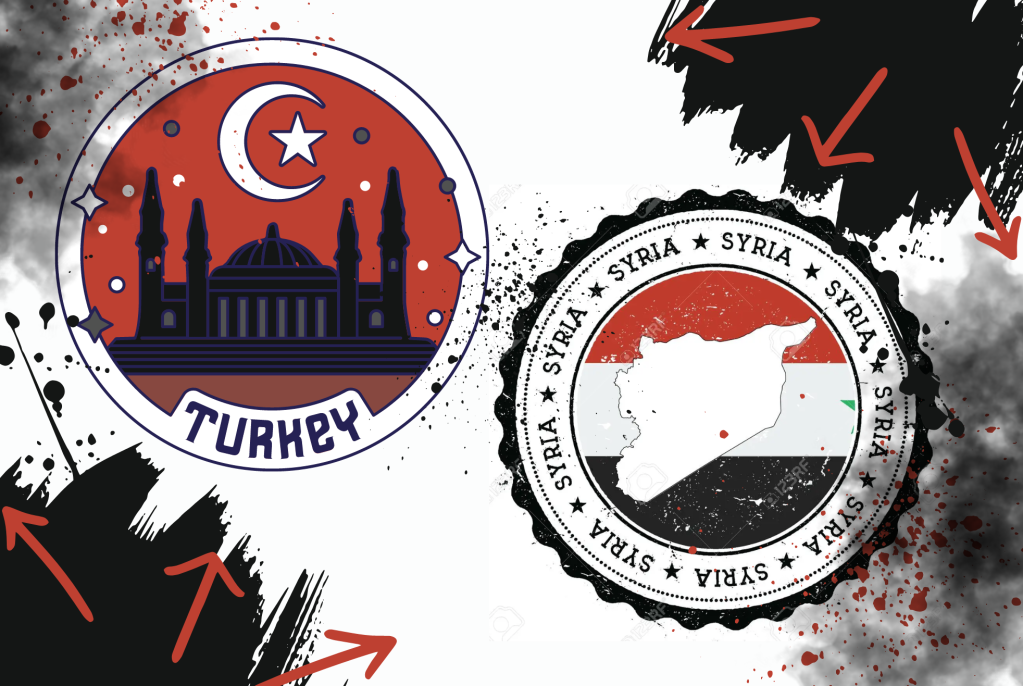
As I sit here reading news reports and watching videos of the destruction caused by the earthquake, I am filled with a sense of helplessness and immense fear. These were human lives, just like mine. People just like me with plans for the next day, waiting to do all kinds of things. It could’ve been my life lost in a tragedy like this, it could’ve been any life at all. Is there anything we can do to ease the suffering of those affected, of all those left behind in the remains of broken buildings and belongings, rubble and reminders?
The answer is yes, we can. To help those impacted by the earthquakes endure this catastrophe and start their recovery, funding is desperately needed. Donations need to be collected as soon as possibly in order to fund even more rescue programs as well as kickstart the process of getting survivors situated and build back all that has been lost in this devastating disaster. These donations, although monetary are optimum, are not limited to just money. Basic necessities for the survival of the people pulled out of rubble, people who have lost all their belongings to this disaster, such as clothing, basic toiletries, food etc. can create an insanely huge impact in this road towards recovery.
Ongoing support is required!
Moreover, a huge factor in collecting as much donations as possible is educating the ones around us about the severity of the situation and inculcating a sense of empathy in the hearts and minds of our friends. As first responders and groups like the IRC attempt to address the disaster, ongoing support is required, which is only possible if the wonder of social media is put to good use, and the latest information regarding the earthquake as well as any authentic resources are shared.
NUST and its Community Service Club are doing their very best in assisting those affected through a Relief Drive, collecting monetary and in-kind donations at the H-12 campus and through a Relief Account, details of which are as follows:
Account Title: NUST Flood Relief Fund
Account Number: 2292 7917 3412 01
IBAN: 0022 9279 1734 1201
Branch: NUST Branch, Sector H-12, Islamabad
There is still much work to be done to ensure the safety and wellbeing of those who are affected by seismic activity. By continuing to invest in early warning systems, building codes, and disaster response measures, we can help to mitigate the impact of earthquakes and ensure that communities are better able to withstand the forces of nature. As believers of humanity, it is our responsibility to be there for our people in this time of dire need and do everything in our power to respond as much as we can, gather as much help as possible, and send countless prayers for the lost and the survivors.
